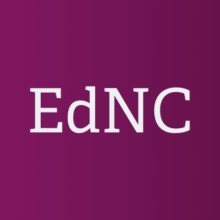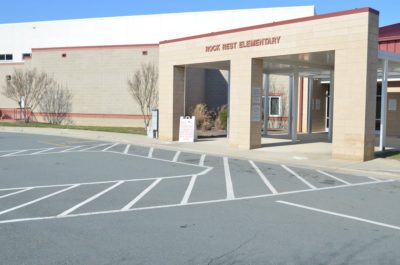

Editor’s Note: Groups involved with the Education Equality Index have since taken back the statement that North Carolina has the worst achievement gap growth in the country. Read why.
The growth of North Carolina’s achievement gap in its major cities is the worst out of 35 states, according to the Education Equality Index, a new tool funded by the Michael & Susan Dell Foundation and developed by the Foundation, Education Cities, and GreatSchools.
According to the data released Tuesday, the gap in North Carolina has gone up 20 percent between 2011 and 2014. And the state’s gap is larger than our neighbors: Virginia, Tennessee, and South Carolina. This despite the fact that Charlotte’s achievement gap is smaller than the gap in 70 percent of major cities around the country.
The new data also shows, however, that Charlotte’s achievement gap has been on the rise.
“Students from low income families in Charlotte are falling further behind as the gap grows,” said Ethan Gray, founder and CEO of Education Cities in an Education Equality Index press release. “We celebrate Charlotte schools proving that equality is possible, and encourage education and policy leaders to redouble their efforts to increase the number of gap closing schools in their community.”
The press release also states that Charlotte is the only major North Carolina city with 10 schools that serve majority low-income students and have small or no achievement gap. But, the gap in Charlotte has grown 6 percent in Charlotte between 2011 and 2014.
The data in the Index covers the 100 biggest cities in 35 states, including Durham, Fayetteville, Greensboro, Raleigh, and Winston-Salem.
Raleigh and Durham both have larger achievement gaps than 90 percent of the U.S. cities covered by the data. Raleigh is 92nd worst in the nation for education equality, and Durham is 96th.
Winston-Salem does slightly better at 79th, and Greensboro comes in at 72nd. Fayetteville is 49th and Charlotte is 31st.
“With poverty levels at record highs in America, the need for schools that can provide a great education for children from poor communities is growing,” said BEST NC President and CEO Brenda Berg. “This tool from the Education Equality Index (EEI) shows that the hard work educators are putting in to level the playing field for our low-income students is critical and must be expanded.”


